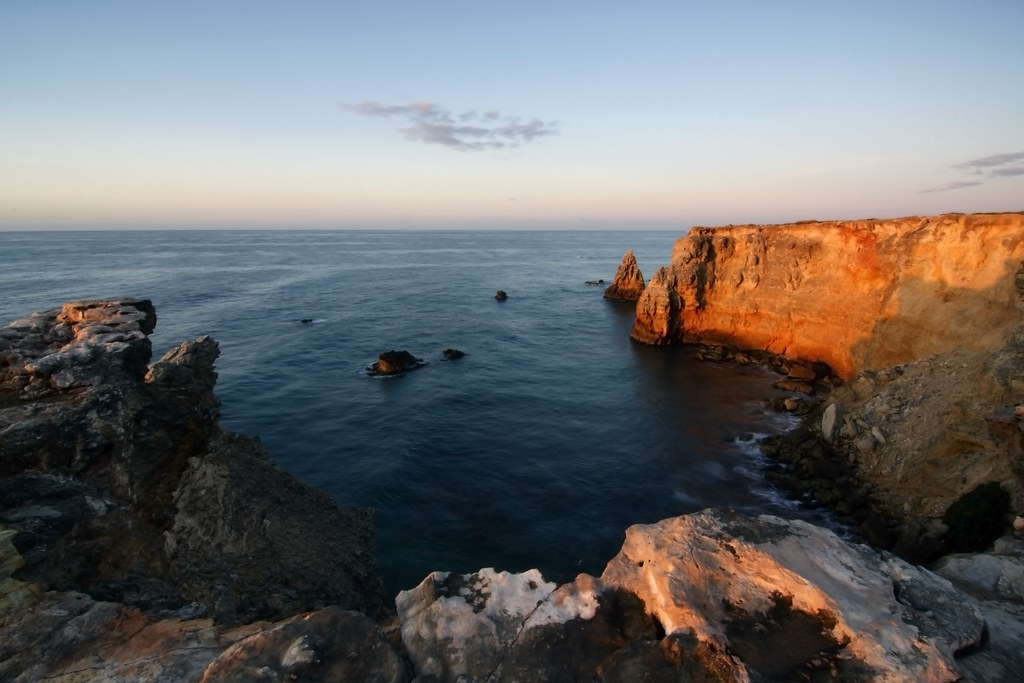Puerto Rico gained its own constitution in July, 1952. It is a requirement for U.S. territories to have a constitution before they can become states, and it is a rule that the constitution has to be compatible with the U.S. Constitution.
Puerto Rico’s constitution contained a Bill of Rights based on the United Nations’ Universal Declaration of Human Rights, which goes beyond the U.S. Bill of Rights, which includes the first 10 amendments to the U.S. Constitution.
Some members of Congress felt that Congress should not make any changes to the constitution, which had been drafted by elected representatives and ratified by Puerto Rico’s voters. But Cold War attitudes caused many to be fearful of socialism on the Island, and Section 20 — the Bill of Rights — was seen as a socialist element of the document.
Section 20. The Commonwealth also recognizes the existence of the following human rights:
The right of every person to receive free elementary and secondary education.
The right of every person to obtain work.
The right of every person to a standard of living adequate for the health and well-being of himself and of his family, and especially to food, clothing, housing and medical care and necessary social services.
The right of every person to social protection in the event of unemployment, sickness, old age or disability.
The right of motherhood and childhood to special care and assistance.
The rights set forth in this section are closely connected with the progressive development of the economy of the Commonwealth and require, for their full effectiveness, sufficient resources and an agricultural and industrial development not yet attained by the Puerto Rican community.
In the light of their duty to achieve the full liberty of the citizen, the people and the government of Puerto Rico shall do everything in their power to promote the greatest possible expansion of the system of production, to assure the fairest distribution of economic output, and to obtain the maximum understanding between individual initiative and collective cooperation. The executive and judicial branches shall bear in mind this duty and shall construe the laws that tend to fulfill it in the most favorable manner possible.
Section 20 was eliminated. On July 3, 1952, Congress approved “An Act to provide for the organization of a constitutional government by the people of Puerto Rico”, approved July 3, 1950 (64 Stat. 319; 48 U. S. C, sees. 731b^ 73le), is hereby approved by the Congress of the United States, except section 20 of article I I of said constitution.”
Congress can require changes in territories’ constitutions
Puerto Rico was not the first territory to have controversy over its constitution.
Utah did not become a state until polygamy was made illegal. They had been turned down until they changed their constitution. Their new constitution specified that women could vote, and Congress accepted the new constitution, so statehood gave Utah’s women the vote.
Women’s suffrage was a big point of debate in Congress over Wyoming’s constitution, too. Congress didn’t ask for changes, but did spend three months debating approval before they finally admitted Wyoming, including its female voters.
New Mexico required a two-thirds vote to amend its constitution, plus voter ratification. Congress required them to change these rules to simple majority voting.
States’ Rights
Congress can’t make laws for states, except on issues covered in the U.S. Constitution. Once the Supreme Court overturned the Roe vs. Wade decision that said a right to abortion was protected by the constitution, states were free to make their own laws about abortion.
As long as Puerto Rico is a territory, however, Congress can influence its constitution. In fact, the U.S. Constitution says that Congress “makes all needful rules and regulations” for territories.
As a state, Puerto Rico will have a degree of sovereignty that is not available to territories.








No responses yet